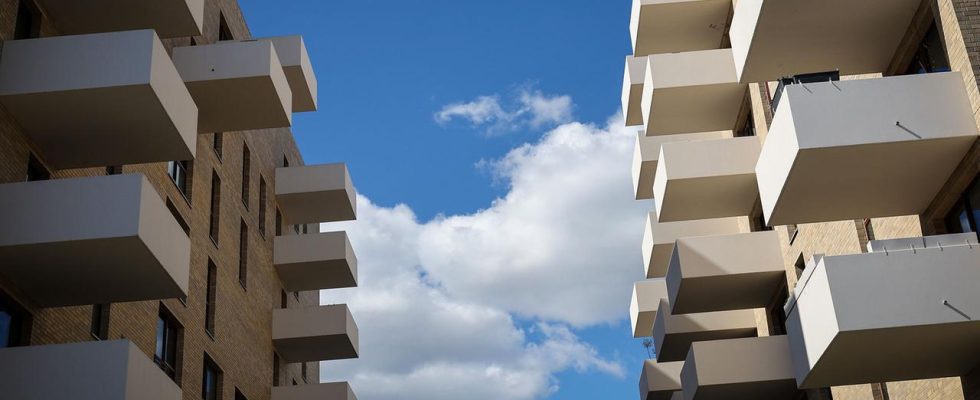According to the Federal Finance Court, a mother-in-law as a temporary resident of a condominium does not bring any tax advantage when selling real estate. The highest German financial court decided this today.
A couple from North Rhine-Westphalia failed in their attempt to avoid income tax when selling their condominium. A mother-in-law as a temporary resident of a condominium does not bring any tax advantage when selling real estate – this is what the IX. Senate of the Federal Finance Court decided in a judgment published today.
The case dates back a few years: in 2009, the couple bought the apartment for a good 177,000 euros, and after it was completed, the woman’s mother moved in. The daughter and her husband did not charge the old lady any rent. The mother-in-law died in 2016 and the couple then sold the apartment for 220,000 euros.
speculation period in real estate sales
The tax office demanded income tax on the profit from the sale, because a speculation period of ten years applies to “private sales transactions”. Anyone who sells a property before the end of these ten years must pay income tax. This ten-year period applies not only to rentals, but also to transfers to third parties free of charge.
The only exceptions to the rule are properties that are occupied by the owners themselves. The couple therefore claimed “self-use” for their mother-in-law. However, neither the Düsseldorf Finance Court in the first instance nor the Federal Finance Court accepted this in the appeal proceedings that have now been decided.
Special regulation for children
The guiding principle of the highest German tax court: “Use for one’s own residential purposes within the meaning of the exemption in Section 23 Paragraph 1 Sentence 1 No. 1 Sentence 3 of the Income Tax Act does not exist if the use is transferred to the (mother-in-law) of the taxpayer. “
The situation is different for children: If parents give the use of a property to a child free of charge, this is considered for tax purposes to be used for their own residential purposes – but only if the child still receives child benefit. The owner is then responsible for ensuring that the child is accommodated as part of his maintenance obligation.

